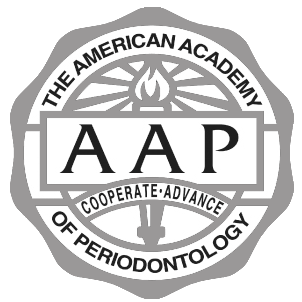 Denture adjustments ensure that life with dentures lines up with what you sign up for. A set of dentures is not a true replacement for natural teeth, but it should come close. This is where routine maintenance of your prosthetic teeth comes in.
Denture adjustments ensure that life with dentures lines up with what you sign up for. A set of dentures is not a true replacement for natural teeth, but it should come close. This is where routine maintenance of your prosthetic teeth comes in.
Wearing your dentures should be an easy task that only takes a few moments. After you put the teeth in place, they should stay there when you speak, laugh, and enjoy a meal. Your dentures should hug every ridge, dip and contour of your gums.
But perhaps your dentures could use a bit of work. Read on to find out how dentists prevent dentures from causing more problems than they solve.
The role of dental adjustments in oral health
Bone structure changes at different stages of human development, more so during childhood and adolescence. Adulthood loosely resembles a plateau stage, with diet and exercise going a long way toward keeping the bones healthy. As people age, their bones may start to lose mass and density. The rate at which human bone structure changes with age depends on genetics and lifestyle.
This also applies to the bones of the jaw and lower face, with a drastic loss of bone mass in people with missing teeth. While dentures could, in theory, remain intact, they would still require periodic adjustments. A dentist will regularly monitor a patient’s dentures to ensure that the shape of the
prosthetic teeth still matches the shape of the patient’s mouth. Skipping these checkups often results in issues like:
- Difficulty wearing the dentures in the first place.
- Slippage that affects diet and speech.
- Loose dentures that rub against the soft tissues of the mouth and cause soreness.
- Discomfort from sore spots and other injuries that result from ill-fitting dentures.
Here is how routine visits with a dentist enable patients to make the most out of their dentures and their time.
1. Regular oral exams
Routine dental visits enable dentists to monitor the oral health of their patients and catch issues in their early stages. This also applies to people who wear dentures, as they need their gums to remain healthy and free of infection.
These periodic checkups allow a dentist to track the changes that reshape a patient’s gums and jaws. The dentist uses this information to adjust the patient’s dentures to match their dental arches.
2. Denture adjustments
Relining the inner surface of a set of dentures accommodates the slight changes to a person’s mouth. The new lining matches the new dips and grooves that have developed on the patient’s gums.
3. Denture repairs
Breakage or wear can affect the fit of an otherwise perfect set of dentures. Repairs to the framework, base, palate, or artificial teeth can restore the dentures and make them easier to wear.
Using your dentures should be a hassle-free experience
Call our office to book an appointment and find out how we can keep your dentures in good condition at all times. A member of our team will be happy to explain how timely denture adjustments can make your life easier.
Request an appointment or call Assembly Dental at 857-300-5779 for an appointment in our Somerville office.
Related Posts
Periodic denture adjustments make life with dentures more comfortable. Regular maintenance of your dentures means making sure that they fit well, which enables you to eat, speak, and smile with ease. But living with dentures does not always live up to expectations. For starters, there is an adjustment period for first-time wearers of dentures. As…
Denture rebasing is a rather complex process. This review provides a detailed yet simple overview of the denture rebasing process, which involves removing the existing acrylic base for your dentures and replacing it with a new and improved acrylic base that is much stronger and more reliable.The denture rebasing process involves making an impression to…
Simple denture repairs offer a way to restore the overall condition of your dentures after they are worn down, damaged, or outdated. This helps prevent the need for denture replacement, which can save you money and time and allow you to keep the dentures that you have grown accustomed to.Simple denture repairs explained by a…






